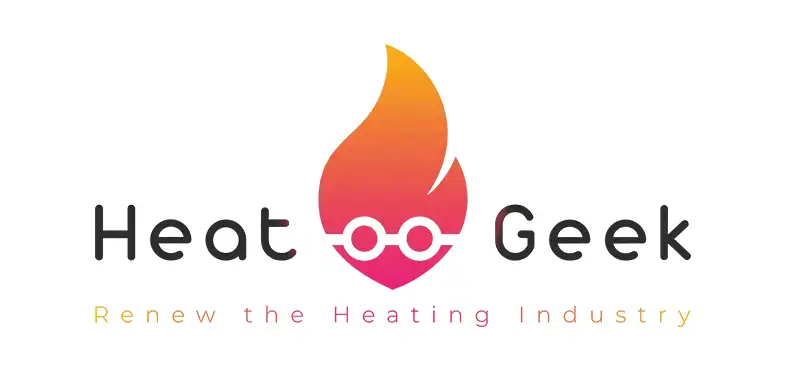Heat Pumps VS Boilers
Eco-Friendly Heating, Maximum Efficiency
When considering the transition from traditional boilers to air source heat pumps, it's essential to weigh their differences in efficiency, costs, environmental impact, and overall performance. Here’s a comprehensive comparison to help you make an informed decision.
Efficiency and Performance
Air Source Heat Pumps
They are highly efficient, converting 1 unit of electricity into up to 3.5 units of heat. This efficiency can lead to significant energy savings over time. They operate effectively even in lower temperatures and are particularly advantageous in regions with mild winters
vs
Boilers
Modern gas boilers have an efficiency of about 90-95%, meaning they convert almost all the fuel into heat. However, their efficiency drops over time due to wear and maintenance issues.
Environmental Impact
Air Source Heat Pumps use renewable energy from the air, resulting in lower carbon emissions compared to fossil fuel-based boilers. By switching to ASHPs, households can reduce their carbon footprint significantly.
Air Source Heat Pumps
vs
Boilers
Traditional gas and oil boilers rely on fossil fuels, which contribute to greenhouse gas emissions. Even with efficient combustion, they release CO2 and other pollutants into the atmosphere.
Installation and Costs
Air Source Heat Pumps
The average cost for installing an ASHP is around £10,000. Installation involves placing an outdoor unit and integrating it with the indoor heating system. Government grants, such as the Boiler Upgrade Scheme, can offset these costs by up to £7,500.
vs
Boilers
Installing a new gas boiler typically costs between £2,000 and £4,000. While cheaper initially, boilers have higher ongoing fuel costs and may require more frequent maintenance compared to Air Source Heat Pumps.
Running Costs
Air Source Heat Pumps
Running costs for Air Source Heat Pumps are generally lower than for boilers, especially if your home is well-insulated. They can save homeowners significant amounts over their lifespan due to their high efficiency and use of electricity, which is increasingly sourced from renewable energy.
vs
Boilers
While gas prices are currently lower than electricity prices, the efficiency and environmental costs make boilers more expensive in the long run. Additionally, gas prices are expected to rise as the UK moves away from fossil fuels.
Longevity and Maintenance
Air Source Heat Pumps
Air Source Heat Pumps typically last around 15-20 years with minimal maintenance. Regular checks and servicing ensure they run efficiently. The simplicity of their operation means fewer components can fail compared to boilers.
vs
Boilers
Modern boilers last about 10-15 years and require regular servicing to maintain efficiency and safety. The combustion process can lead to wear and tear, necessitating more frequent repairs.
In conclusion...
Switching to air source heat pumps offers numerous benefits, including higher efficiency, lower environmental impact, and reduced running costs over time. While the initial installation cost is higher, government incentives and long-term savings make Air Source Heat Pumps a financially sound investment. Conversely, while boilers are cheaper to install, their higher fuel costs and environmental impact make them less attractive in the long run.

In need of our help?
Get a free quote along with professional advice







